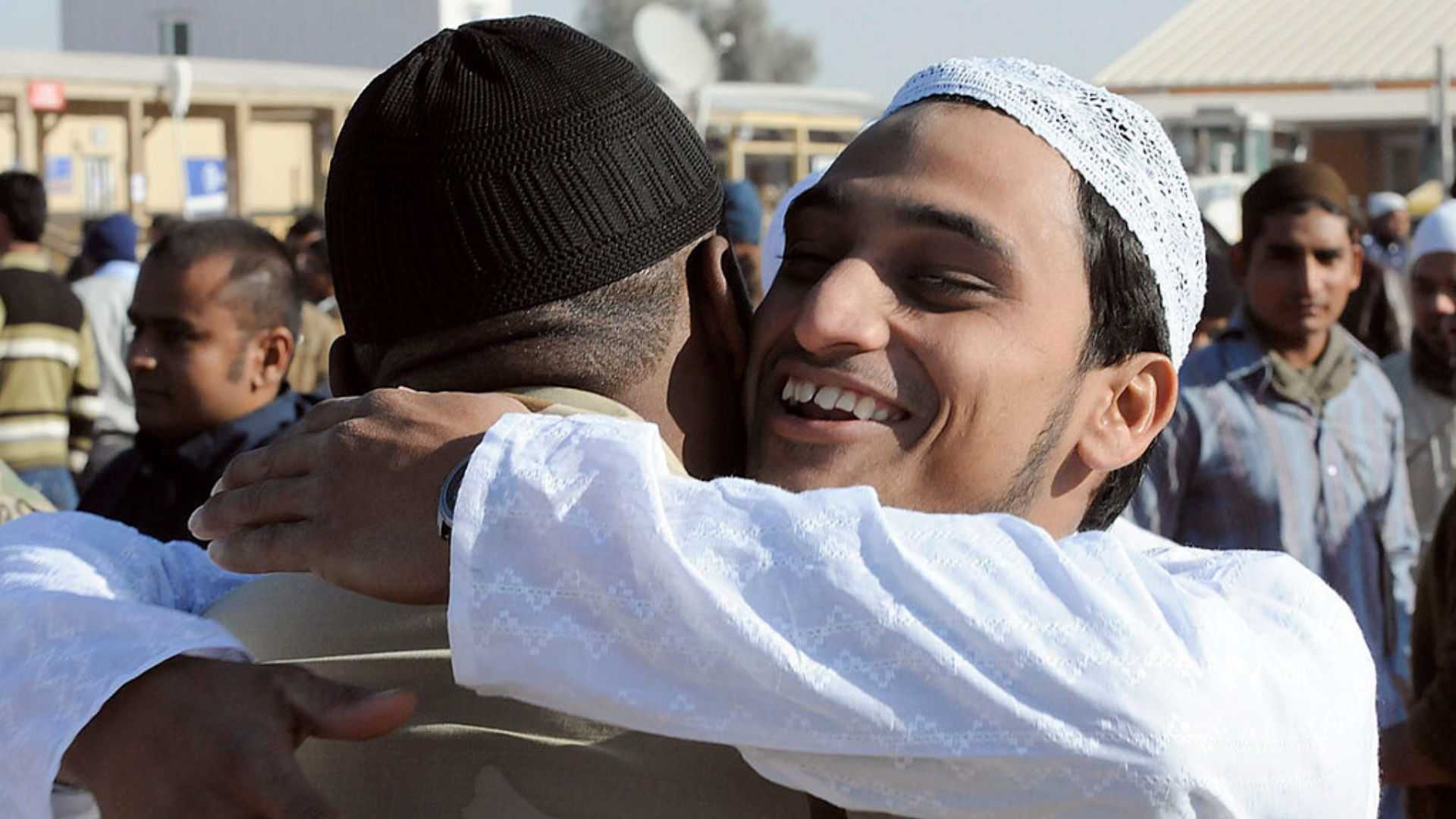As the Eid ul-Fitr is coming, today we delve deep into the beautiful sunnahs of Eid ul-fitr. Eid is not just a celebration but a culmination of our spiritual journey throughout Ramadan. Let’s explore the nine sunnahs of Eid ul-fitr that enrich this auspicious occasion and bring us closer to Allah.
1) Make Dua on the Night of Eid
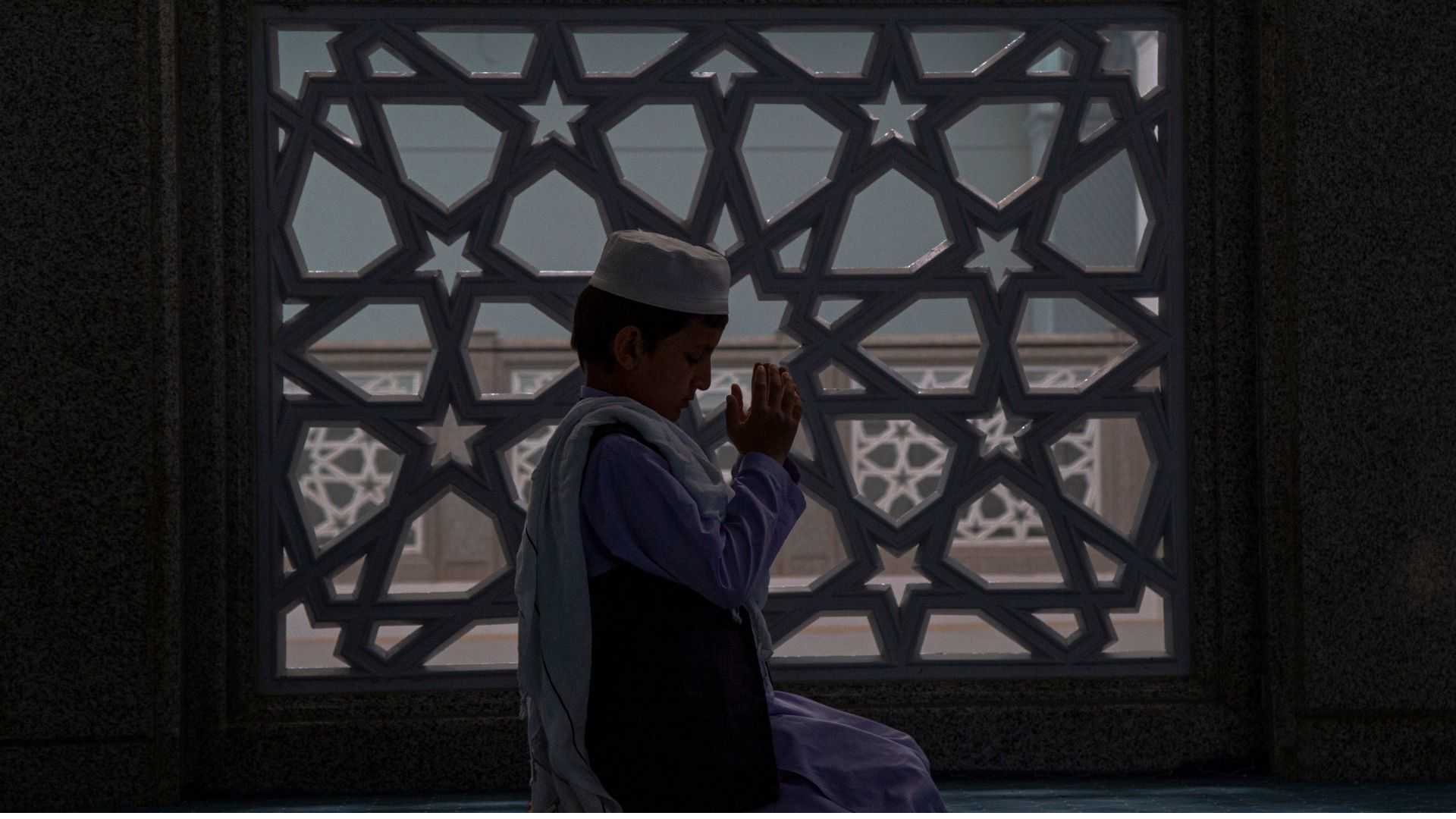
The night of Eid is a time when the angels descend, announcing the rewards and forgiveness granted by Allah. As Ibn Abbas narrated, our fasts and prayers during Ramadan are rewarded with Allah’s pleasure and forgiveness. So, let’s seize this opportunity to make heartfelt duas, seeking Allah’s mercy, forgiveness, and blessings for ourselves and our loved ones.
Imam Ash-Shaafi (May Allah have mercy on him) made a statement in his book Al-Umm with the following wording: “We were informed that it used to be said: “The supplications are answered on five nights: the night of Friday, the night of Al-Adha, the night of Al-Fitr, the first night of Rajab and the night of the middle of Shabaan.”
2) Recite Takbir
Reciting takbir on the night of Eid and throughout Eid day is a sunnah that magnifies Allah’s greatness and expresses our gratitude for the blessings bestowed upon us. As we chant “Allahu Akbar,” let’s remember the significance of this phrase and its power in strengthening our faith and connection with Allah.
3) Sunnah to take a bath (Ghusl) on the morning of Eid
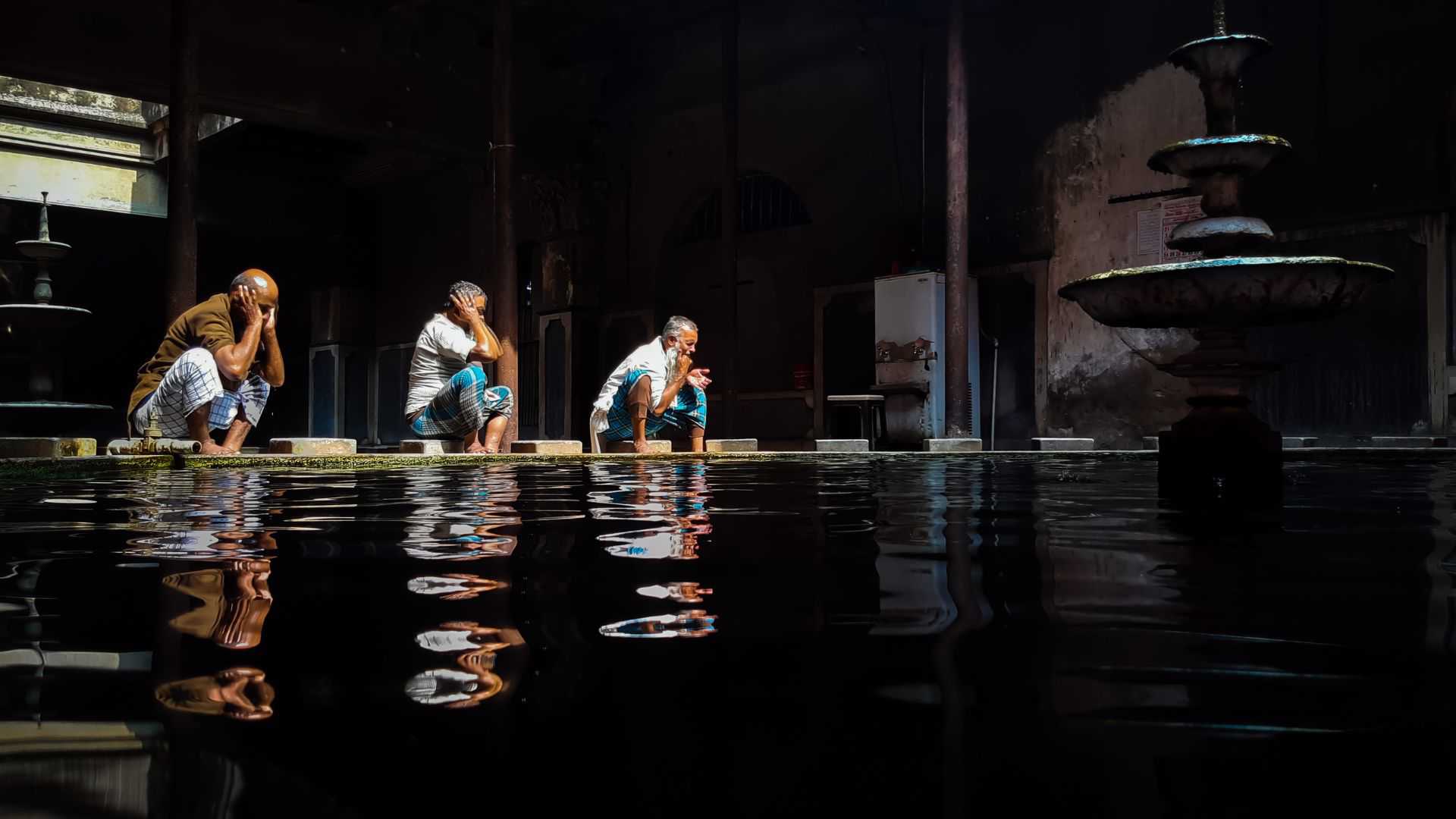
Following the sunnah of Prophet Muhammad (peace be upon him), taking a bath on the morning of Eid symbolizes purity and spiritual readiness. It’s a physical act with profound spiritual implications, signifying our readiness to embrace the blessings of Eid with a clean heart and soul.
It was narrated that Ibn ‘Abbas said:
“The Messenger of Allah (peace be upon him) used to have a bath on the day of Fitr and the day of Adha.”
So before you take a bath, make an intention that you are doing it to follow the sunnah of the Prophet (peace be upon him). May you be rewarded by Allah.
Also Read: How to do Ghusl (ritual bath) in Islam
4) Wear your best outfit
Wearing our best outfit on Eid is not merely a cultural practice but a sunnah endorsed by our beloved Prophet (peace be upon him). Whether old or new, our clothes should reflect modesty, cover our aurah, and enhance the joyous spirit of the occasion.
5) Put on your best perfume
Using the best perfume on Eid is more than a gesture of personal grooming; it embodies the etiquette of consideration and respect for others. By smelling pleasant, we contribute to a harmonious and enjoyable environment, in line with the teachings of our Prophet (peace be upon him).
As reported by al-Hakim, Anas bin Malik said, “The Prophet (peace be upon him) ordered us to wear a good dress for Eid, to use the best perfume we have, and to give charity with what we have as the most valuable.”
6) Sunnah to eat before Eid prayer
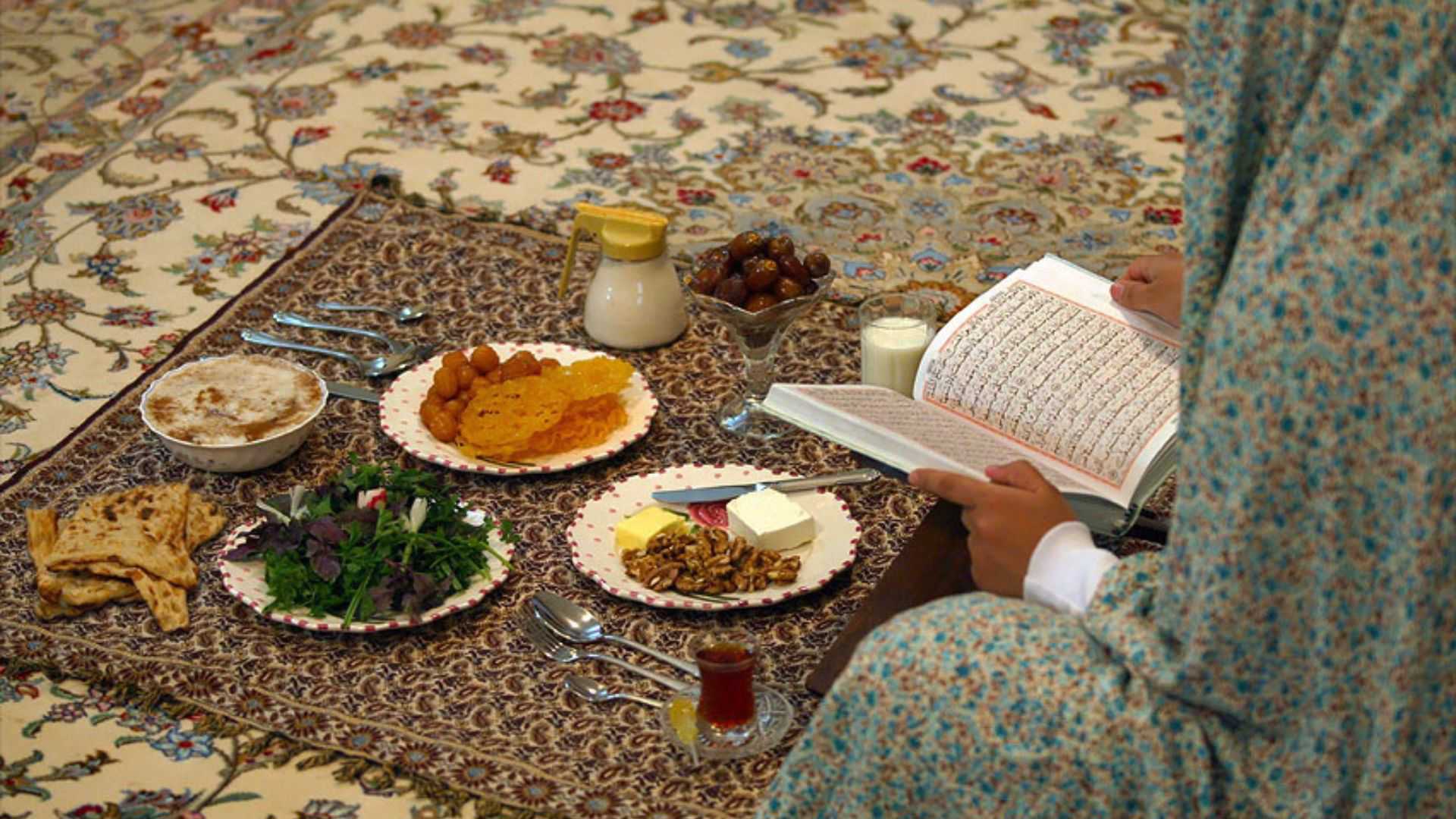
It is prohibited to fast on the morning of Eid. Eating dates before Eid prayer is a sunnah that distinguishes this day from others. In a hadith it is mentioned:
Abu Ubaid said, “I was present at Eid with ‘Umar, and he started with the prayer before the khutbah. He said: The Prophet (peace be upon him) forbade fasting on these two days: The day of al-Fitr is the day when you break your fast, and on the day of al-Adha. [Sunan Ibn Majah, 1722]
On the other hand, the Prophet (peace be upon him) would eat some dates before he went to Eid prayer.
Narrated Anas bin Malik, the Prophet (peace be upon him) never proceeded (for the prayer) on the day of Eid al-Fitr unless he had eaten some dates. Anas also narrated: The Prophet (peace be upon him) used to eat odd number of dates. [Sahih al-Bukhari 953]
7) Sunnah to perform Eid prayer
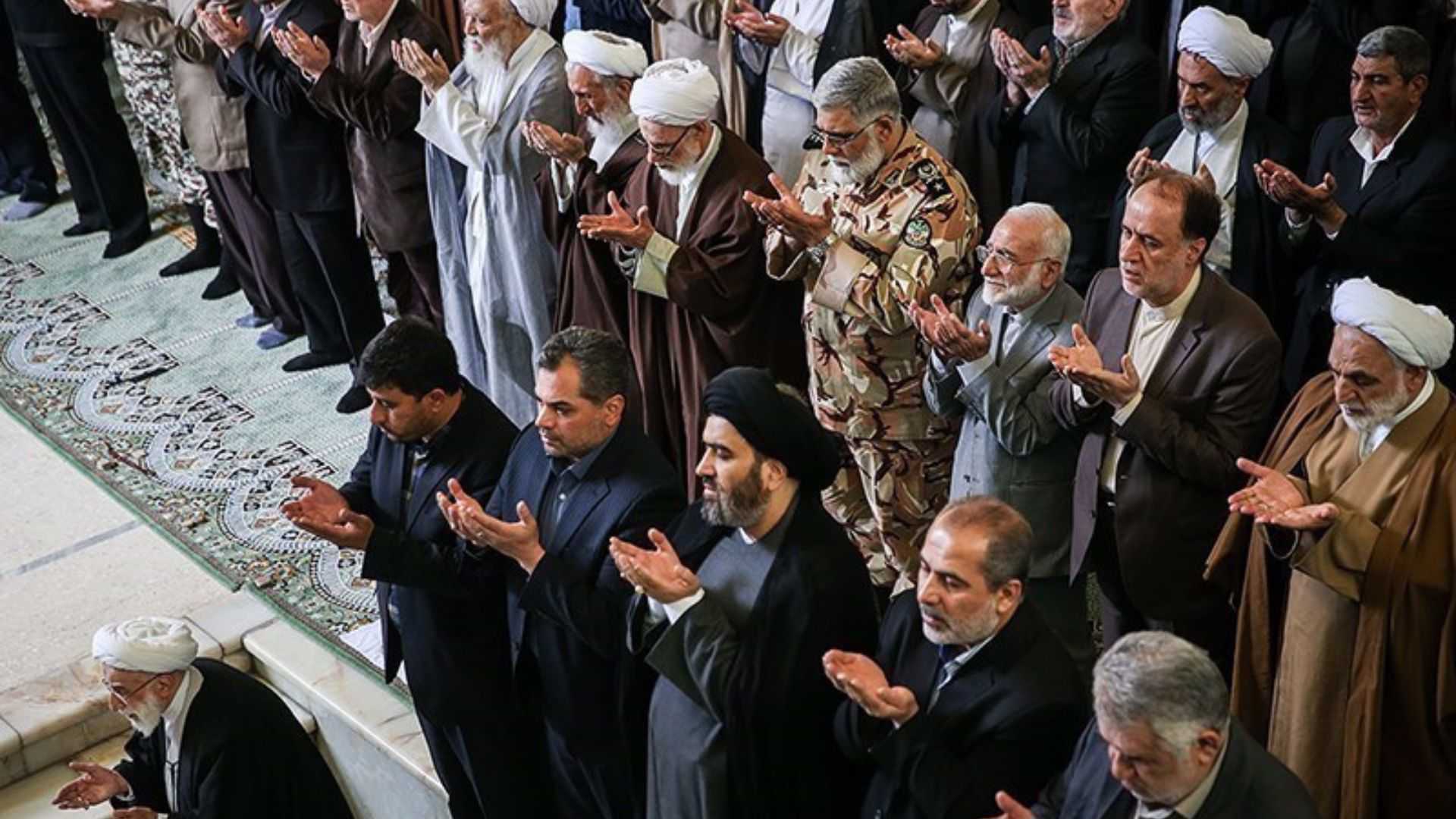
Performing Eid prayer is a sunnah muakkadah, emphasizing its significance in Islam. Unlike the regular prayers, Eid prayer is marked by its unique form and the absence of adhan and iqamat, highlighting its distinctiveness and spiritual importance.
Jabir narrated, “The Prophet (peace be upon him) led us in praying on Eid before the khutbah, with no adhan and no iqamah.” [Sunan an-Nasai 1562]
In another hadith, Ibn ‘Umar said, “The Prophet (peace be upon him), then Abu Bakr, then Umar, used to pray the Eid prayer before delivering the sermon.” [Sunan Ibn Majah 1276]
8) Use different routes
Taking different routes to and from the mosque on Eid is a sunnah that fosters community engagement and diversity.
Abu Hurairah narrated, “When the Prophet (peace be upon him) would go out on the day of Eid by one route, he would return by another.” [Jami` at-Tirmidhi 541]
9) Congratulating and wishing one another
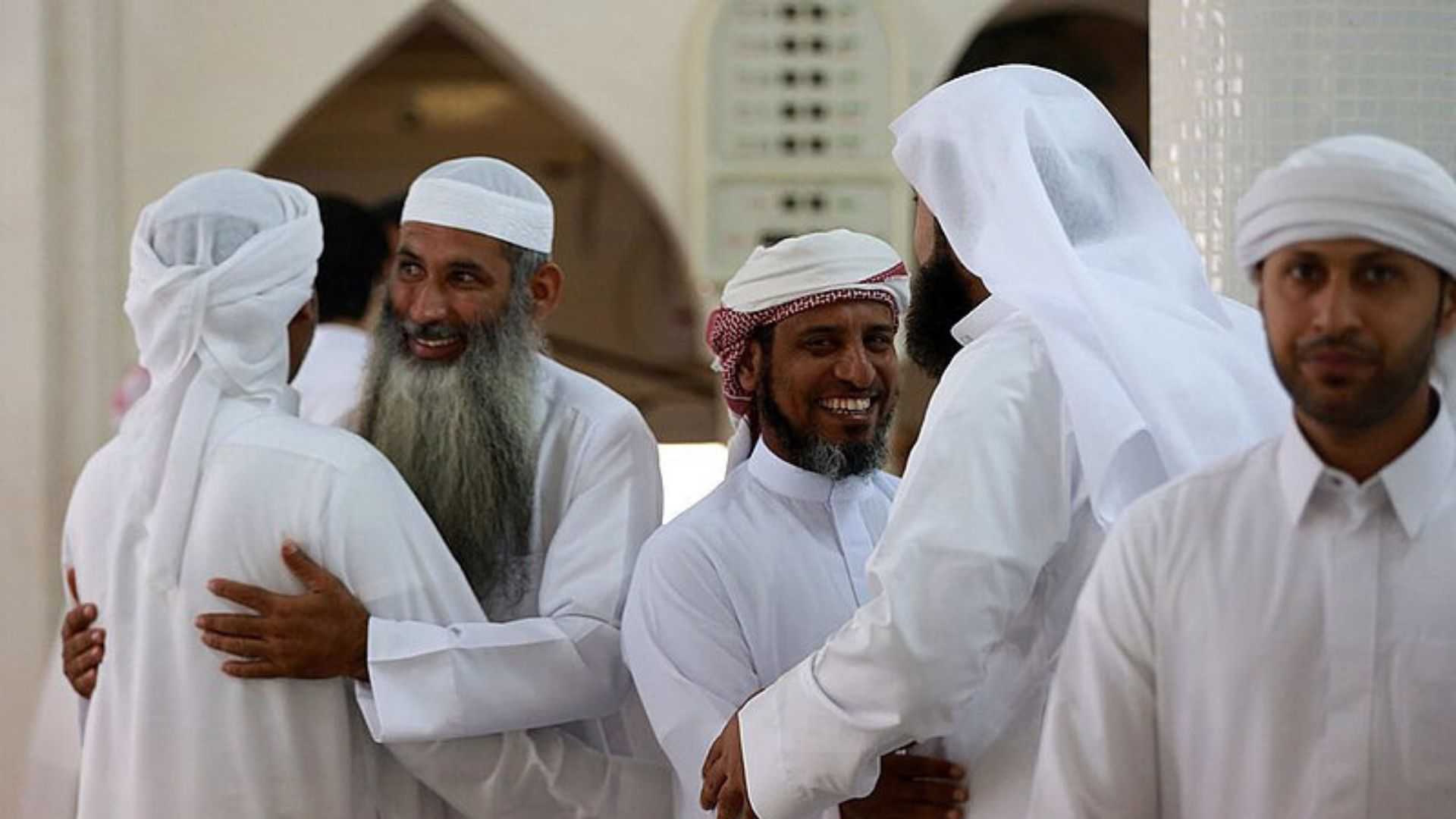
Finally, greeting each other with warm wishes and prayers on Eid is a sunnah rooted in kindness and brotherhood. Whether we say “Eid Mubarak” or other heartfelt words, let’s embody the spirit of acceptance, love, and unity as we celebrate this joyous occasion.
It’s also a good idea to greet one another like the Prophet’s (peace be upon him) companions did. Jubayr ibn Nufayr narrated that when the companions of the Prophet (peace be upon him) met one another on the day of Eid, they would say to one another, “Taqabbal Allahu minna wa minkum”, which means “May Allah accept (the fast and worship) from us and from you.”
Conclusion: Follow the Sunnahs of Eid ul-fitr
As we embrace these sunnahs of Eid ul-Fitr, let’s remember that our actions not only bring us closer to Allah but also unite us as an ummah. May this Eid be filled with blessings, joy, and spiritual growth for all of us. Thanks for watching, and don’t forget to like, subscribe, and hit that notification bell for more insightful content on Islam. Eid Mubarak to you and your families! Until next time, Assalamu Alaikum!
Read more Islamic Blogs or Follow us on social media for daily Islamic reminders.


